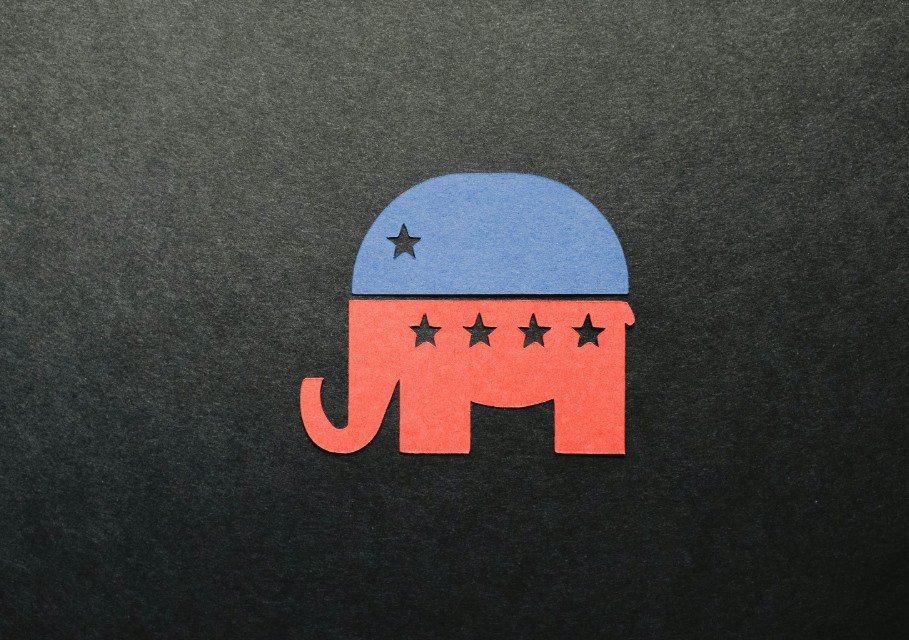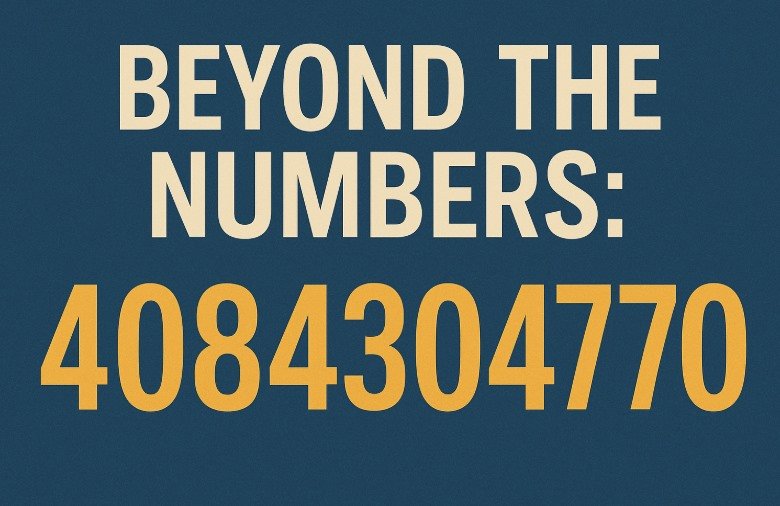
The Erosion of Fair Democracy
In recent years, the Republican Party has made it clear that it cannot win honestly in a fair democratic system. Instead of trying to broaden its appeal to a diverse American electorate, the party has focused on changing the rules of the game. This has taken many forms, from restrictive voting laws to gerrymandering and attempts to control election administration. These tactics are designed to tilt the playing field in favor of Republicans, even when a majority of voters support Democratic candidates. The Republican Party once claimed to be the party of small government, fiscal discipline, and individual responsibility. But today, it is increasingly defined by efforts to limit participation in democracy itself. When a political movement knows that it cannot win through persuasion, it turns to manipulation. That is what we are witnessing now. Instead of embracing fair competition, Republicans are changing the rules to keep power they have not earned at the ballot box.
Restrictive Voting Laws
One of the most visible ways Republicans have changed the rules is through restrictive voting laws. Since 2020, several Republican-controlled states have passed laws making it harder for people to vote. They often claim these laws are meant to prevent voter fraud, even though there is no evidence of widespread fraud in U.S. elections. The real goal is to make voting more difficult for groups that tend to support Democrats—young people, people of color, and low-income voters. Laws that limit mail-in ballots, shorten early voting periods, and impose strict ID requirements all serve the same purpose. They create barriers between voters and the ballot box. In Georgia, for example, new rules have limited the use of drop boxes and restricted how organizations can help people return ballots. In Texas, laws have made it harder for counties to expand access to early voting. Republicans know that when more people vote, Democrats tend to win. So rather than reach out to new voters or modernize their message, they are focused on suppressing turnout.
Gerrymandering and Power Manipulation
Another way Republicans are changing the rules is through aggressive gerrymandering. After every census, states redraw their congressional and legislative districts. In Republican-controlled states, this process has been used to carve up communities in ways that give the GOP a structural advantage. In states like Ohio, Florida, and North Carolina, maps have been drawn so that even if Democrats win a majority of votes statewide, Republicans still end up with most of the seats. This is not democracy—it is manipulation of democracy. Gerrymandering is one of the most powerful tools for keeping political control without winning a true majority. It allows politicians to choose their voters instead of the other way around. Republicans have used it to entrench minority rule at every level of government. In some cases, courts have stepped in to stop extreme gerrymanders. But in many others, the maps stand, giving Republicans an unfair advantage for years. This is not about competing on ideas or policies. It is about rigging the system so that fair competition becomes impossible.
Attacks on Election Officials
Beyond laws and maps, Republicans have also targeted the people who run elections. After the 2020 election, when Donald Trump and his allies spread lies about voter fraud, many local election workers faced harassment and threats. Instead of defending these public servants, Republican leaders encouraged suspicion and hostility. In several states, Republicans have tried to take more control over how elections are certified and who counts the votes. In Arizona, for instance, they pushed for partisan “audits” meant to cast doubt on legitimate results. In Georgia, the Republican legislature gave itself new powers to remove local election officials. These changes are not about improving election security—they are about undermining it. They create openings for partisan interference and reduce public trust in the process.
The Broader Pattern
The pattern is clear. When Republicans lose, they claim fraud. When they win, they call it legitimate. When they can’t win honestly, they change the rules. The goal is not to represent the will of the people but to control outcomes regardless of the vote. This anti-democratic behavior is dangerous because it erodes faith in institutions that depend on public confidence. Democracy is built on trust—the belief that every vote counts equally and that power changes hands peacefully. When one party undermines that trust, the entire system suffers.
The Role of the Supreme Court
Another part of this story is the role played by the conservative Supreme Court. Over the last decade, key rulings have made it easier for Republicans to change the rules in their favor. The 2013 decision in Shelby County v. Holder weakened the Voting Rights Act by removing federal oversight from states with a history of discrimination. Since that ruling, Republican legislatures have rushed to pass restrictive voting laws. Without preclearance from the Department of Justice, these states can now change their election rules with little accountability. The result has been predictable—more barriers to voting in communities of color and less transparency. The Court’s refusal to stop extreme partisan gerrymanders in later cases has also encouraged manipulation. By signaling that it will not intervene, the Court has effectively invited Republicans to draw districts that guarantee their dominance. Even when lower courts find evidence of racial discrimination, the higher court often delays or reverses rulings. This has emboldened Republicans to continue shaping the system to their advantage.
Disinformation and Control of Narrative
Changing the rules is not only about legislation and maps; it is also about controlling the narrative. Republicans have become experts at spreading disinformation to justify their actions. They use false claims of voter fraud to promote restrictive laws. They accuse Democrats of “rigging” elections while doing exactly that behind the scenes. Conservative media amplifies these lies, making them sound legitimate. Millions of Americans have come to believe that the 2020 election was stolen, despite no credible evidence. This belief has become a weapon for changing how elections are run. It allows Republicans to claim they are “protecting integrity” when they are actually undermining it. Disinformation is part of the new playbook. It keeps supporters angry, suspicious, and loyal. It also provides cover for anti-democratic actions. When people no longer trust the system, they are more willing to accept rule changes that reduce participation. This is why the spread of false information is as dangerous as the laws themselves. It corrodes democracy from within.
Why Republicans Fear Fair Elections
At the heart of this behavior is fear—fear of a changing America. Demographic trends are not on the side of the Republican Party. Younger voters, women, and people of color lean heavily Democratic. In a fair system where every vote counts, Republicans would struggle to maintain national power. Instead of adapting to the country’s diversity, they have chosen to fight it. Rather than broaden their appeal, they narrow the electorate. This approach may help them win short-term victories, but it deepens long-term divisions. The refusal to compete honestly reflects a lack of confidence in their own message. If a party cannot win without suppressing voters or redrawing districts, it has stopped believing in democracy. The Republican strategy is a sign of weakness, not strength.
What Can Be Done
The situation is not hopeless. There are steps that can protect democracy and prevent further rule manipulation. Congress can restore and strengthen the Voting Rights Act, ensuring that all voters are protected from discrimination. Independent commissions can draw fair district maps instead of partisan legislatures. State-level reforms, such as automatic voter registration and expanded early voting, can make participation easier for everyone. Civic engagement is another key part of the solution. Voters must understand that democracy depends on their involvement. Sitting out elections only makes it easier for bad actors to succeed. Local and state elections are especially important, since that is where many of these rules are made. Citizens must stay informed, speak out, and hold their representatives accountable.
The Stakes for Democracy
If this pattern continues, America risks becoming a democracy in name only. When one party can change the rules to stay in power, the meaning of elections is lost. The Republican approach undermines not just their opponents but the foundation of self-government. A healthy democracy requires competition, honesty, and respect for results. It requires leaders who accept defeat when voters choose differently. When those values disappear, freedom and equality suffer. Every American should be concerned when politicians seek to win by restricting others’ rights. That is not strength—it is manipulation. The fight for fair elections is not about one party winning; it is about preserving the system that allows everyone to have a voice.
Conclusion
Republicans can’t win honestly, so they are changing the rules again. Through restrictive voting laws, gerrymandering, court rulings, and disinformation, they are reshaping the system to secure power they can no longer earn fairly. This behavior reveals deep insecurity and contempt for democratic norms. But it also reveals something else: the determination of citizens who refuse to let democracy be stolen. Across the country, people are organizing, voting, and pushing back against these efforts. The fight for fair elections is far from over, and it will define the future of the nation. Democracy survives only when ordinary people defend it. That responsibility now falls to all of us.
Read more: Breaking the Noise: Fresh Perspectives on Today’s Headlines
































